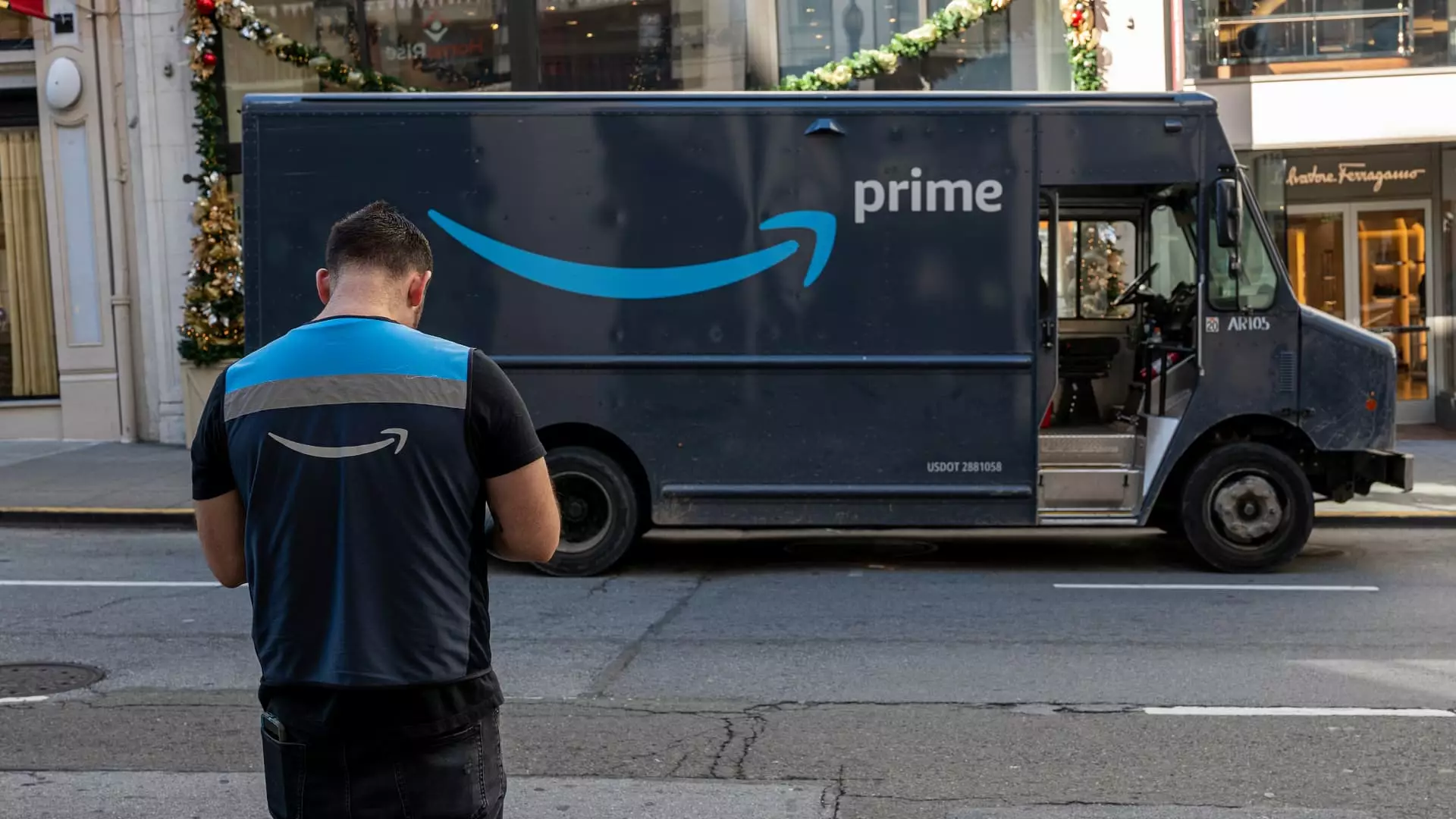Recent developments concerning the Federal Trade Commission’s (FTC) legal action against Amazon reveal an alarming intersection of regulatory challenges and institutional resource crises. The FTC’s request to postpone the trial that accuses Amazon of misleading customers into subscribing to its Prime service illustrates not only the complexities inherent in corporate oversight but also the complications resulting from governmental budget constraints and staffing shortages. Hit hard by the Trump administration’s push for efficiency which led to a significant reduction in government employees, the FTC now faces a uniquely challenging environment for upholding consumer protection laws.
At a recent status hearing, FTC attorney Jonathan Cohen articulated a case for a two-month delay citing insufficient resources, which reflects a widespread issue within governmental agencies struggling to maintain operational integrity amid budget constraints. Judge John Chun’s pressing questions regarding the FTC’s future staffing and resource availability underscore a stark reality: if the agency is already under crisis, what guarantees exist that the situation will improve in mere months? Cohen’s admission of uncertainty indicates not just a lack of assurance but a worrying outlook for the FTC’s capacity to litigate effectively.
Amazon’s Stance: Defiance Amid Regulatory Scrutiny
Amazon, which has faced mounting scrutiny over its business practices, remains defiant in the face of the FTC’s allegations. The company’s attorney, John Hueston, contested any indication that the FTC’s team was incapable of proceeding with the trial as initially scheduled. Hueston’s remarks reflect a broader narrative within corporate America—one wherein large enterprises often leverage regulatory inadequacies as a shield against accountability.
By arguing that dislocation from an office move would cause minimal disruption, Amazon is framing the case as an affront not merely to its business operations but to the existing regulatory framework itself. This denial posture reveals a marked confidence, possibly bordering on arrogance, particularly as the company has previously been embroiled in similar legal contests. The FTC’s charge—that Amazon manipulates its subscription model to entrap consumers—brings forth serious questions about ethics and accountability in business practices that transcend mere legal arguments.
A Clash of Perspectives on Consumer Protection
The allegations put forth by the FTC paint a troubling portrait of how consumers may unknowingly find themselves enmeshed in subscription services that are hard to escape. Former FTC Chair Lina Khan’s assertion that Amazon has “tricked and trapped” consumers is more than a mere rhetorical flourish; it encapsulates an ethical stance towards corporate practices that many view as exploitative. This case has stirred a public conversation around the principle of consent in digital transactions, where the fine print often obscures significant costs incurred by unwitting customers.
The controversy also highlights a generational shift in how consumers perceive corporate responsibility. Increasingly, consumers expect transparency and honesty from digital platforms. As the landscape changes, so too does the necessity for regulatory bodies like the FTC to adapt. This case against Amazon serves as a litmus test for the FTC’s resolve and ability to carry out its mandate, but it raises an uneasy question: how effective can a government agency be when it is significantly understaffed?
The Political Underpinnings of Regulatory Action
Beneath the surface of this courtroom drama lies a daunting political backdrop. The recent change in leadership within the FTC from Lina Khan to Andrew Ferguson signifies a larger ideological battle over governmental regulation in the tech sector. Under Khan’s leadership, the FTC took a more aggressive approach against big tech, pushing boundaries that some within institutional circles would deem necessary for an evolving digital marketplace.
In contrast, Ferguson’s appointment, influenced by the Trump administration, suggests a shift towards a potentially less combative regulatory paradigm. Tech companies have taken notice, with Amazon founder Jeff Bezos’s attempts to remain favorably aligned with political figures illustrating a concerted effort to navigate and perhaps influence regulatory outcomes. As legal battles unfold, it remains to be seen how these political dynamics will impact the future of technology regulation and consumer protection in an increasingly online-focused world.


Leave a Reply